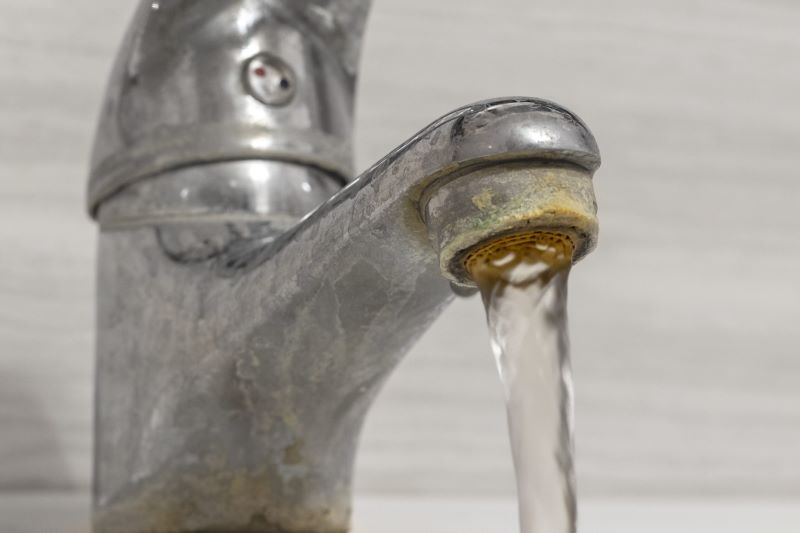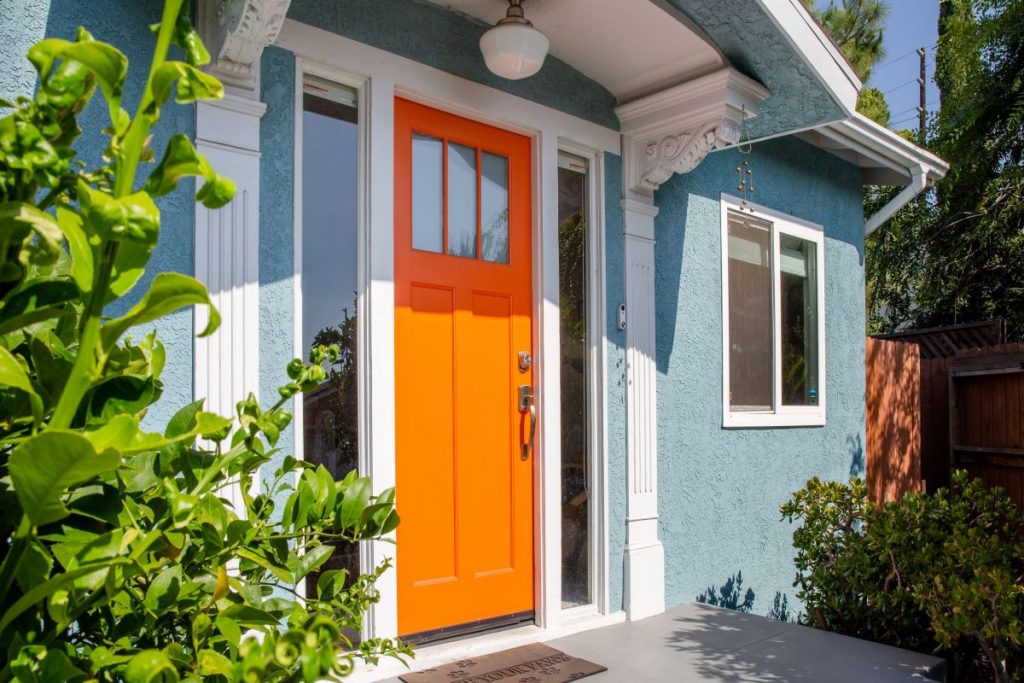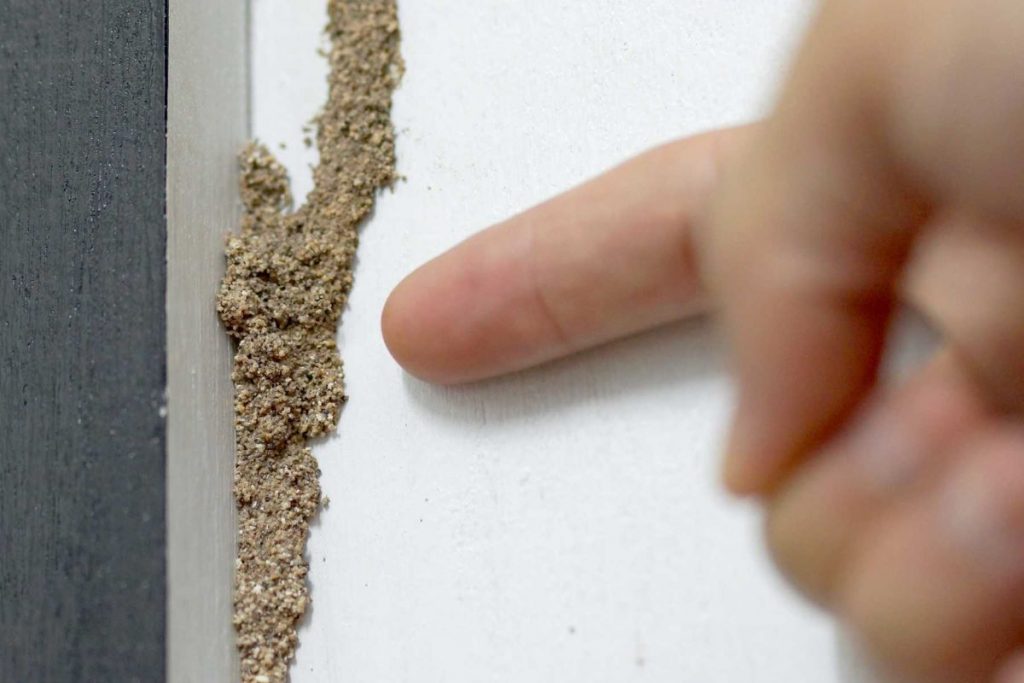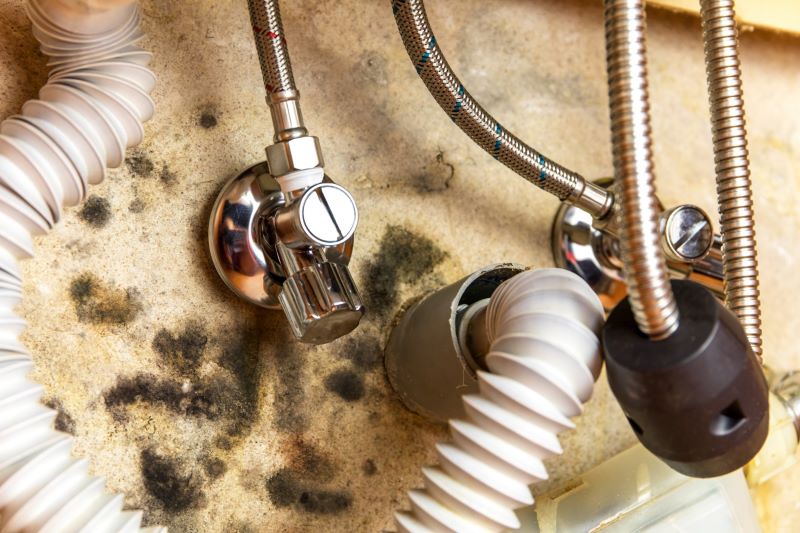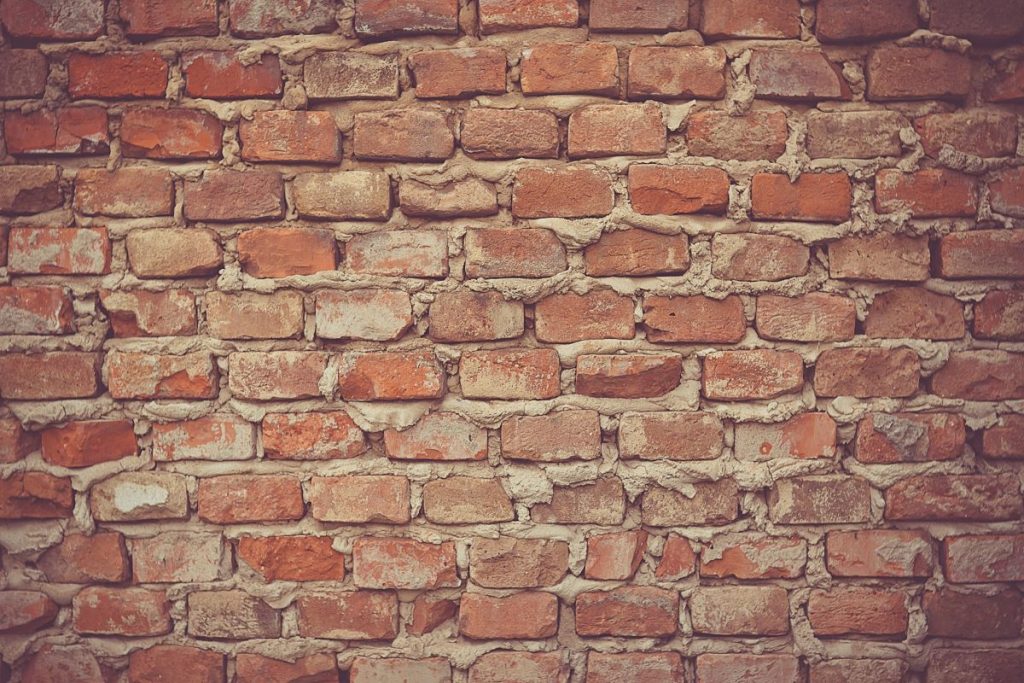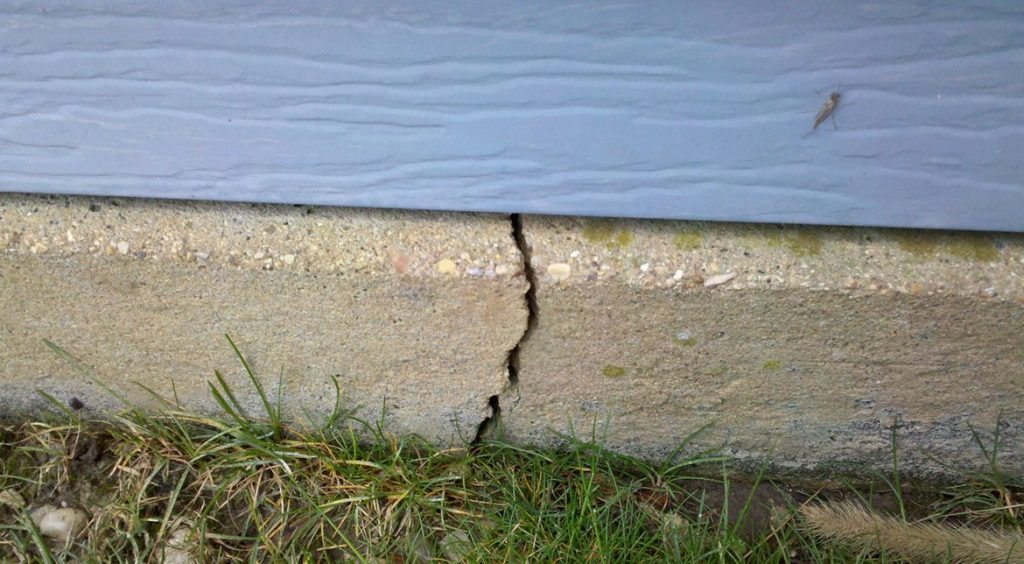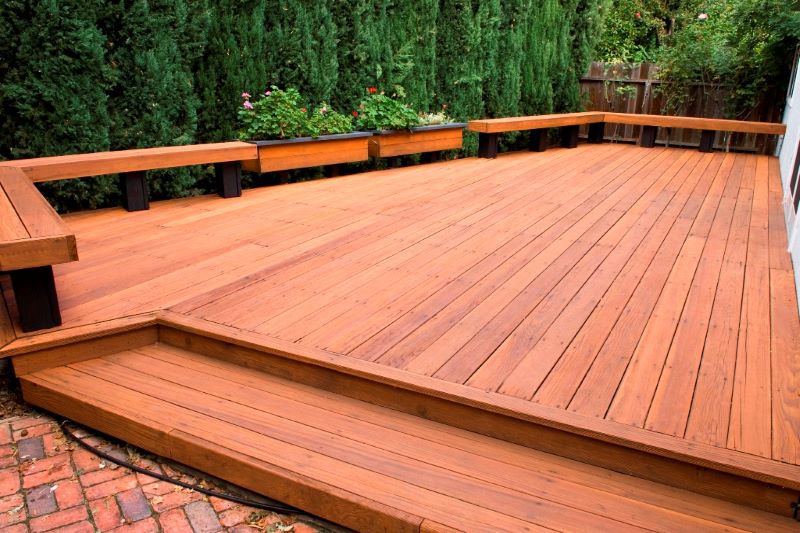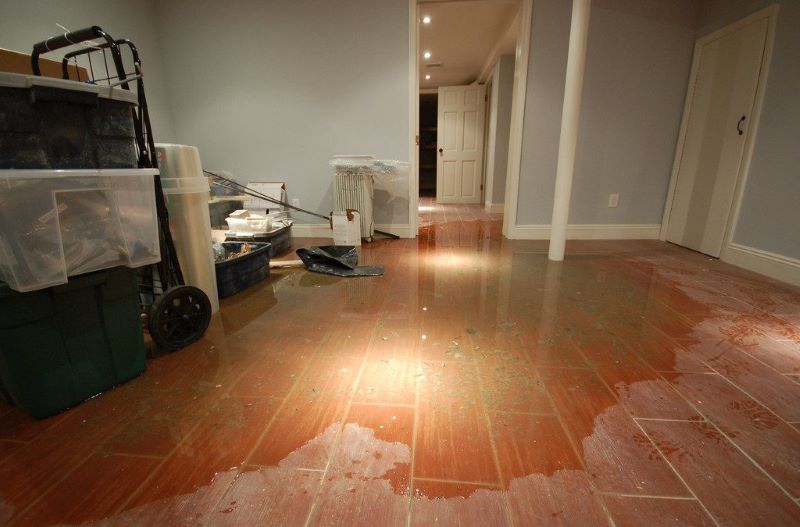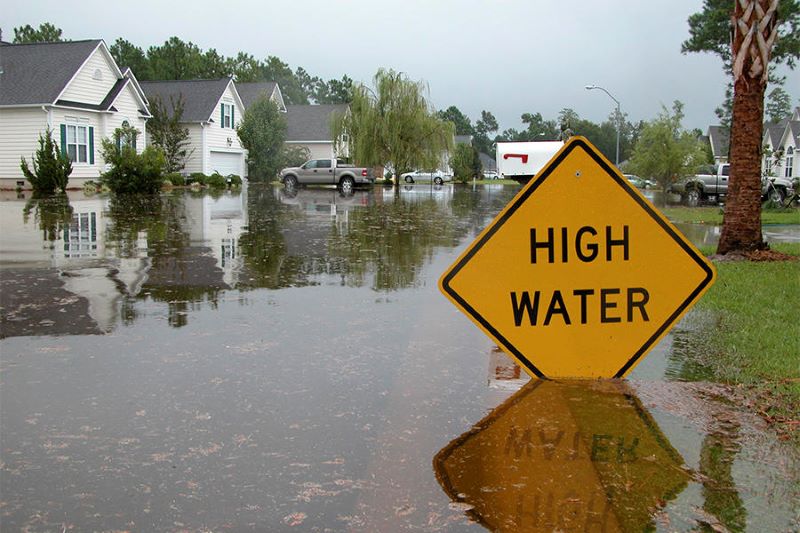Table of Contents
Health authorities like the World Health Organization agree that drinking hard water has no serious negative health effect – in fact, it may even have some benefits. Hardness of water is mostly comprised of high calcium and magnesium levels, which are essential minerals to human health.
While it may be beneficial to consume, what it’s bad for is our skin, hair, and elements of our homes. If you live in notoriously hard water areas like Indianapolis, Las Vegas, and Minneapolis in the US; the south or east of the UK; or Adelaide in Australia; you’ll know the adverse quality it has compared to soft water. Most countries have a mix of hard and soft water depending on the town or city.
Here are the negative effects of hard water – and what you can do about it.
Effects on Hair
The magnesium and calcium dissolved in hard water over time forms a barrier over hair, which prevents it from absorbing moisture. This eventually leads to dry, damaged, dull, tangled hair; which can barely be rescued by products. Like moisture itself, products are barred from entering hair strands by this mineral guard. It can also cause mineral build-up on your scalp, causing dryness, flakiness and dandruff.
Some ways to restore moisture to your hair if you live in a hard water area:
- Apple cider vinegar rinse (acidity removes build-up)
- Clarifying shampoo
- Leave-in conditioner.
Cleaner hair is softer, bouncier, shinier, flake-free and generally healthier in look and feel. Investigate these hair treatments or seek a more permanent water softening solution.
Effects on Skin
In hard water areas, you’ll notice white residue on your kitchen and bathroom fixtures where soap has not been able to properly dissolve in water – blocked by the presence of heavy minerals.
This leaves an unsightly mess – and what you might not realize is it’s doing the same to your skin.
Soap in soft water areas mixes with water to create a foamy later and allows proper rinsing and cleansing of skin. In hard water areas, the same barrier that coats hair also coats skin, causing dryness and preventing proper cleaning with soap. This clogging can worsen dry skin conditions like eczema. It certainly does not help acne or spots; as it traps dirt, dead skin and oil beneath the skin’s surface.
To help this, you could try using shop-bought water to clean your face; or use home-filtered water only.
Effects on the Home
Hard water causes calcification and limescale build-up in faucets and showerheads. Over time, this means they don’t function properly and you get less power from your water systems. The same build-up also happens inside pipes, invisibly worsening your water supply and damaging plumbing. This means the water flowing from your faucets gradually gets harder and harder due to its contact with limescale build-up.
You can buy limescale removing products to pour down your drains and pipes, and solutions to apply to faucets and showerheads; although this is only a temporary fix.
How can I Soften My Water?
Installing a water softener system in your home permanently solves all of your hard water woes. Soft water makes you feel squeaky clean, creates a frothy lather with soaps, tastes nicer, and will gradually make a noticeable difference to the quality and moisture of your skin and hair. Installing one of these systems in the home is the best solution to these problems and is certainly a cheaper and less drastic option than moving to a softer water area!
Water softener systems will generally cost in the region of $1,000 – but are a very worthwhile investment for your home; not to mention the health of your skin and hair. It could even add some value to your house if you choose to sell in future. Other types can be bought for a cheaper $200, but these types are mostly ‘de-scalers’ rather than softeners. Explore your options and consider investing in a water softener system today, to start enjoying the plentiful benefits of soft water.
Recommended reading: Softened Water: What is it and How Does it Benefit Your Garden?
